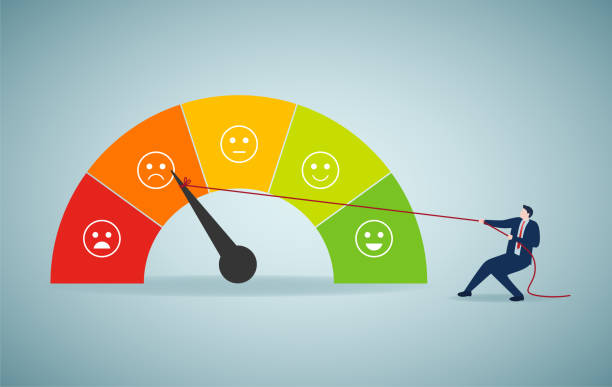In the intricate machinery of modern finance, the credit score sits at the center like a silent god — unseen, unquestioned, yet powerfully influential. It's a number that decides your access to loans, your car insurance rates, your ability to rent an apartment, and sometimes, even your job prospects. But what if we told you that this number — this score — is more illusion than necessity? That it's a form of control disguised as a badge of responsibility?
Let’s peel back the layers of this trap.
The Illusion of Importance
From an early age, you're taught that a "good" credit score equals a good life. You're encouraged to borrow money, not necessarily because you need to, but because you must "build credit." So you take out a loan. You get a credit card. You make payments. You play the game. And what’s your reward? A higher score. Congratulations — you’re now deeper in the system.
But here's the catch: if you never plan to take a loan — if you're building your life around self-sufficiency, debt avoidance, or minimalism — that score becomes a hollow number. It serves no real purpose except to satisfy a system that profits when you stay inside it.
This isn't just about numbers. It’s about conditioning. You’ve been trained to believe that you need this score to live, thrive, succeed. But that belief, for many, is a lie.
Debt as a Lifestyle, Not a Necessity
Why does the system push credit so hard? Because debt is profitable — for banks, for credit bureaus, for the financial elite. Your need to borrow ensures their continuous flow of interest payments. It's not about helping you buy a home or get an education. It’s about keeping you tethered to monthly obligations — payments, penalties, fees.
The credit system doesn't reward financial independence; it rewards compliance. It favors those who borrow and repay — not those who save, avoid debt, and live within their means.
And yet, even those who never plan to take a loan are told they must keep a good credit score. Why? Outdated practices. Corporate policies. A culture of surveillance that uses your financial data to assess your character.
The Materialist Trap
This system isn’t just about money. It's about values. A good credit score becomes a license to acquire — homes, cars, luxury items — all on borrowed money. It feeds a culture where possession is equated with success, and consumption is a measure of happiness.
You’re not building a life — you’re building a ledger.
In this sense, the credit score feeds the same illusion as the “six-figure salary” or the “dream house.” It promises fulfillment but often delivers stress, debt, and the slow erosion of freedom. And all the while, the system watches, records, judges — and scores.
Freedom in Zero
What happens if your credit score is zero? You are, in many ways, invisible to the system. You can’t take out a loan. You may not qualify for certain rentals or conveniences. But — you are free from the trap. You're no longer being measured, rewarded, or punished by an algorithm.
Of course, this path isn’t easy. Society is built around the assumption that you'll play the game. Breaking free requires intentionality — living debt-free, building real assets, forming networks of trust, and rejecting the materialist narrative. It means building a life that doesn’t depend on approval from financial institutions.
The Way Forward
The credit score isn’t evil. It’s a tool — but it’s not your tool. It was designed for lenders, not for you. You can use it, if needed, strategically and sparingly. But don’t confuse it with real freedom, wealth, or self-worth.
The real trap is thinking that your value — or your future — is defined by a number.
Break the cycle. Opt out, not in ignorance, but with clarity. Because once you stop chasing scores, you can start building a life worth living — on your own terms.









0 Comments